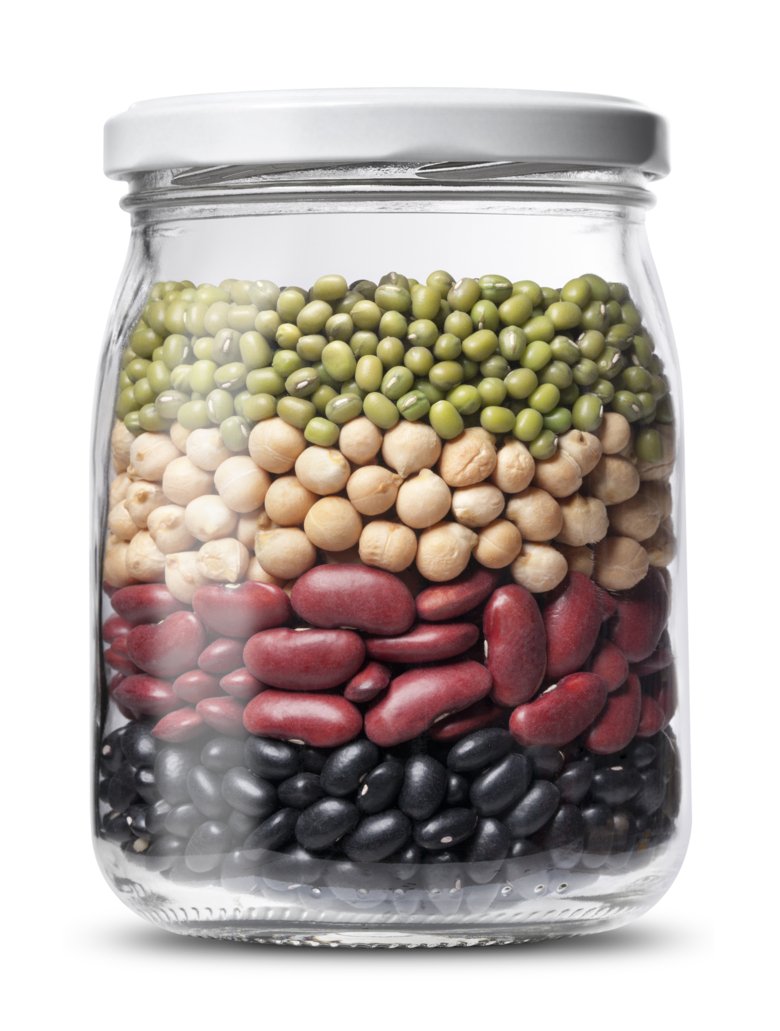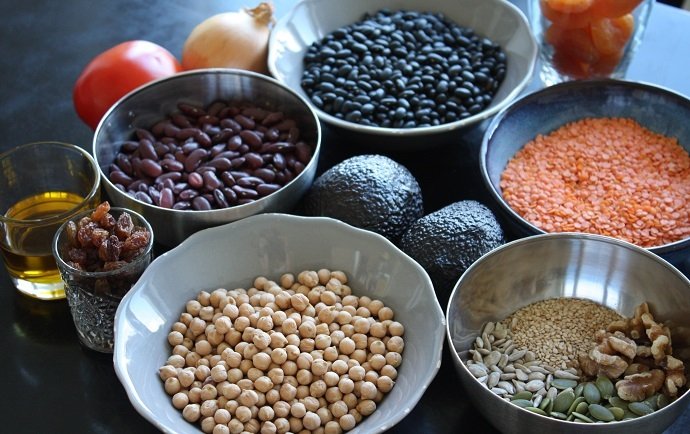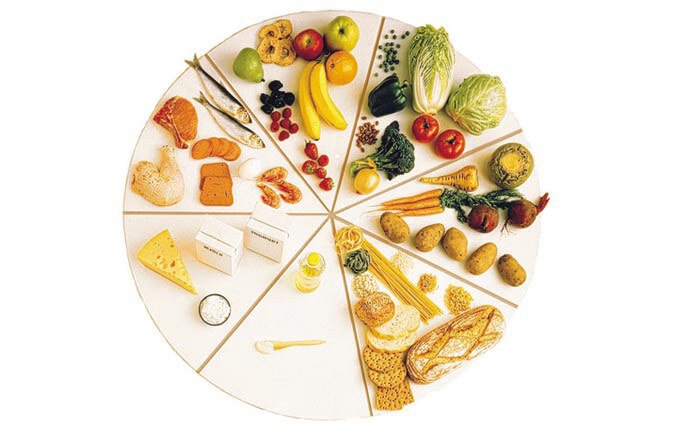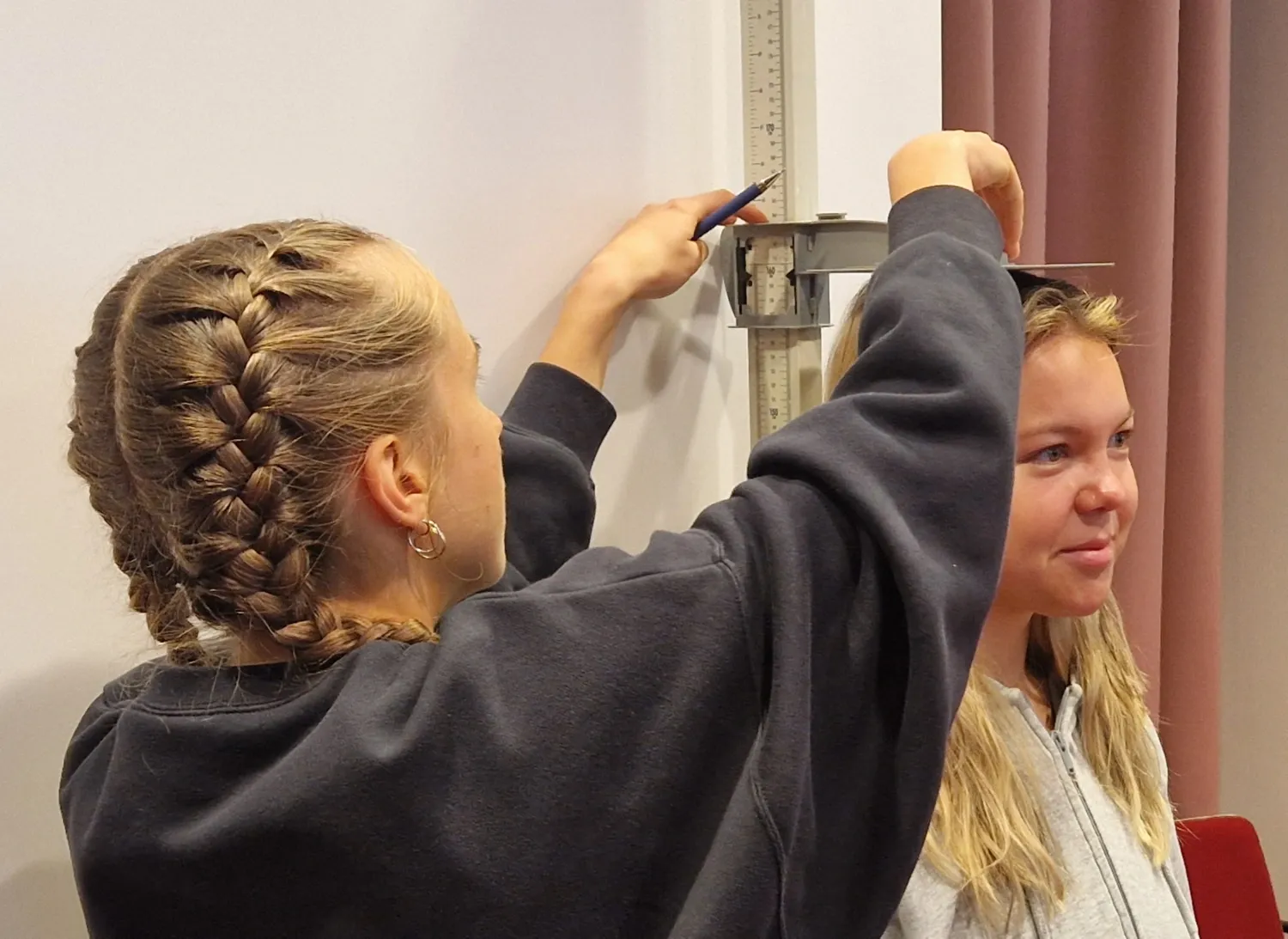Education in Nutrition Science
Nutrition is an exciting and growing science where there is a great interest for new discoveries. But which diet is actually the best?
There are many theories flourishing in the media. So to understand the science behind it you will need a broad understanding of the topic, from molecules and cells and how the body function to the connection between diet and health at a population level.
The Master's programme in Nutrition Science
 Photo: Sara Bruce
Photo: Sara BruceGlobal Master's Programme in Nutrition Science (course catalogue page)
The Master's Programme in Nutrition Science (120 credits) is given by the Department of Medicine, Huddinge, Karolinska Institutet. The programme gives a broad understanding of the role of diet in human health, and in-depth knowledge of the scientific basis and research methods in the field.
Read more about the programme and how to apply on our catalogue page.
 Photo: Getty
Photo: GettyMaster's Programme in Nutrition Science - for admitted students
Are you admitted to the Master's Programme in Nutrition Science and want to know more about the structure, roll call, preparations as well as get information about the different courses (including links to schedules) or are you interested to apply and just want to know more details about the programme?
Then you are welcome to check in our programme website for admitted students.
Listen to what some of our students got to say
 Photo: N/A
Photo: N/AVoices from former students in Nutrition Science
Be inspired!
Listen to what some of our former students on the one-year Master's Programme in Nutrition Science think about it or read their blogs.

Why study nutrition science?
Human nutrition is an interdisciplinary science including a wide range of areas; from natural sciences such as chemistry, biochemistry, molecular biology, food science to physiology, medicine, toxicology, epidemiology and public health science. It is a science about how our diet affects our health and well-being, about human energy metabolism and about the nutrients we need in order to maintain health, their functions in the body, their dietary sources and how much we need of them.
Human nutrition is called for in all situations that relates to diet and health, in both preventing and treating diseases. Most of our common diseases such as obesity, diabetes, cardiovascular disease, osteoporosis and cancer are, for example, related to diet and lifestyle. Many of these health problems are today a global issue.
Sport nutrition, the interaction between nutrition and genes (nutrigenomics) and the importance of the intestinal flora for our well-being are other areas within nutrition science. The development within molecular biology has become an important part in nutrition science and has made it possible to study and start to understand the mechanisms behind the impact of diet on the body, even down at the level of gene regulation.
If you wish to get a more in-depth knowledge of nutrition science and work with issues regarding diet and health from a more scientific basis, you will need knowledge on university level.
The Bachelor's Programme in Nutrition
The current Bachelor’s Programme in Nutrition was offered for the last time in the autumn of 2025. In the autumn of 2027, a new Bachelor’s Programme in Nutrition Science will start. It is a joint programme between Stockholm University and Karolinska Institutet, and students will receive a joint degree from both universities. More information about the new programme will be available on the universities’ websites in the autumn of 2026.
 Photo: N/A
Photo: N/ABachelor's Programme in Nutrition (course catalogue page on SU, in Swedish)
The Bachelor's Programme in Nutrition (180 credits) is given by Stockholm University (SU) in co-operation with Karolinska Institutet, where the Department of Medicine, Huddinge is responsible for the courses in nutrition.
If you are interested in studying nutrition, find out more on the SU course catalogue pages (in Swedish)!
 Photo: Sara Bruce
Photo: Sara BruceBachelor's programme in Nutrition (page for admitted students, in Swedish)
Are you admitted to the programme and want to find out more about roll call, re-examinations, contacts etc? Then you can find out more on our programme website (in Swedish).
Welcome!
What can you work with after the studies?
The Bachelor's programme in nutrition will give you a broad scientific background and the interdisciplinary character of nutrition science makes it useful in a wide range of professions. Unlike a dietitian, which is a protected professional title, a nutritionist does not work directly with patients.
- Health information and health promotion work, such as with production of information material, counseling and information for individuals or groups, planning, implementing and evaluating health projects.
- Education, for example teaching nutrition for health care professionals, coaches, teachers and other people responsible for dietary advice.
- Product development, for example developing foods, supplements, natural remedies, decide on nutrition and quality requirements for products and raw materials, monitor and prepare labeling and marketing.
- Laboratory work, in various food, pharmaceutical and chemical fields, among others.
- Research, with the possibility of in-depth study in many different nutrition-related areas.
Possible work places include counties, municipalities, government agencies, international organisations, universities, food companies and pharmaceutical companies. A growing number of nutritionists also run their own business as consultancies, particularly in informing about the relationship between diet and health.
 Photo: Maria Henström
Photo: Maria HenströmEducation in Nutrition, Nutrition Science and eHealth
There are many theories flourishing in the media. So to understand the science behind it you will need a broad understanding of the topic, from molecules and cells and how the body function to the connection between diet and health at a population level. The IMPACT group is highly engaged in education at KI - find out what programmes and courses are available to you.
